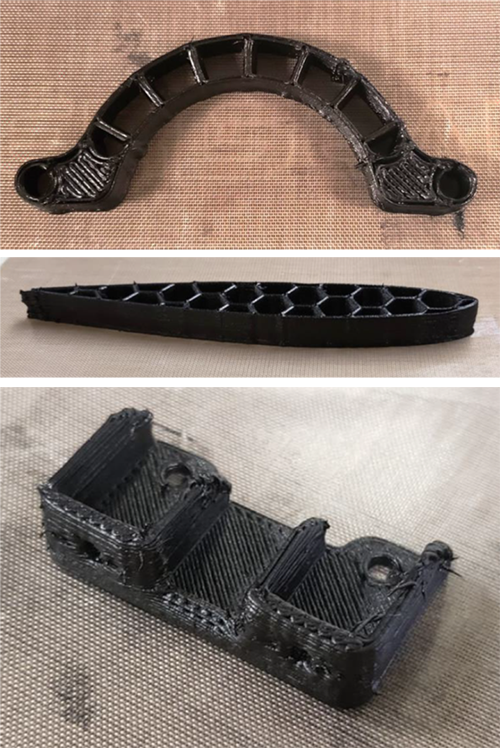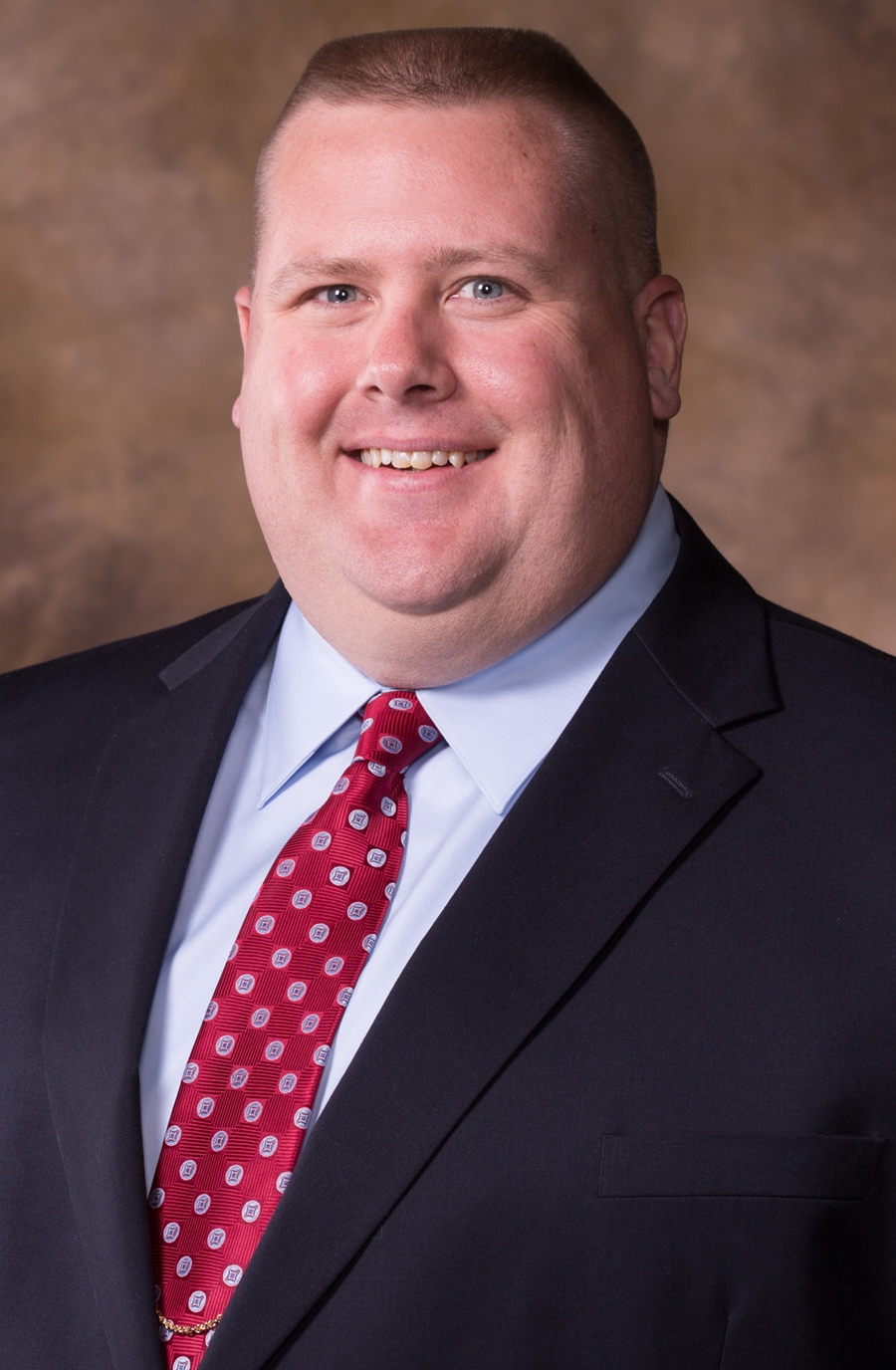An industrial engineering professor will spend the summer conducting research at the U.S. Air Force Research Lab with the goal of making custom 3D-printed maintenance parts accessible for warfighters in the field.
Harry Pierson, assistant professor of industrial engineering, will participate in the summer 2019 Air Force Research Lab Summer Faculty Fellowship Program at the Materials & Manufacturing Directorate of the Air Force Research Lab at Wright-Patterson Air Force Base near Dayton, Ohio.
The program offers hands-on exposure to Air Force research challenges through 8- to 12-week research residencies at participating Air Force research facilities for full-time science, mathematics and engineering faculty at U.S. colleges and universities.
This is the third consecutive year Pierson has received the fellowship, and the research he conducts has immense potential for the aerospace industry by producing low-volume, customized components. He will be working with a research team at the Air Force Research Lab investigating the use of fiber-reinforced thermosetting polymers to create 3D-printed carbon fiber structures.
 Harry Pierson, assistant professor of industrial engineering, will spend the summer researching custom 3D-printed parts for use by the Air Force. |
For the Air Force, it offers the ability to maintain legacy weapon systems with lower cost and reduced downtime. Maintenance organizations could fabricate custom tools in hours, and in-theater manufacturing for supporting warfighters could become a practical reality.
Additive manufacturing, commonly called 3D printing, has notable potential for high-mix, low-volume production and the ability to create complex shapes unattainable by other production methods.
Within the realm of polymer additive manufacturing, the dominant technologies rely on thermoplastic polymers, which tend to have relatively poor mechanical properties and chemical resistance. Pierson's research is developing both the fundamental materials and manufacturing science for carbon fiber reinforced thermoset polymers, which are considerably stronger and stiffer, and can operate in harsher environments.
The past two summers' research has focused on developing the material and proving additively manufactured components are comparable to those manufactured via traditional methods such as compression molding. This fellowship will focus on in-situ monitoring of the additive manufacturing process to improve fiber alignment and geometric integrity, while paving the way for process qualification.
"The AFRL-SFFP fellowship has been a tremendous opportunity to develop a new direction in my research program," Pierson said. "It has also served as the basis for multiple class projects and undergraduate research opportunities."
The Air Force Research Laboratory's Materials and Manufacturing Directorate develops materials, processes, and advanced manufacturing technologies for aircraft, spacecraft, missiles, rockets, and ground-based systems and their structural, electronic, and optical components. Air Force product and logistic centers, as well as operating commands, rely on the directorate's expertise in materials' nondestructive inspection, systems support, and advanced manufacturing methods to solve system, expeditionary deployment, and operational challenges.
The program is sponsored by the Air Force Office of Scientific Research and is administered by Systems Plus, which provides the oversight and administrative structure for the selection and appointment of applicants.
Topics
Contacts
Tamara Ellenbecker, website developer
Industrial Engineering
479-575-3157, tellenb@uark.edu
Nick DeMoss, director of communications
College of Engineering
479-575-5697, ndemoss@uark.edu
